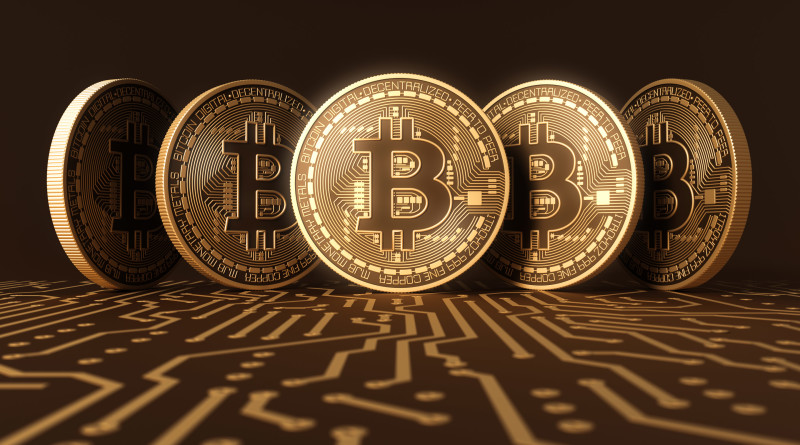Here’s five things everyone needs to understand about Bitcoin
1: There are no bankers standing over the decentralised system
Arguably, the most important characteristic of a cryptocurrency that it is a decentralized.
There are no institutional controls, no bankers, and no middle men.
The network that facilitates and underpins the cryptocurrency is maintained by volunteer coders and enthusiasts. Importantly is run via an open network of computers globally.
Technically, there is no one version of the blockchain ledger powering Bitcoin.
Instead, many multiple versions of the ledger exists to be updated simultaneously and synchronously. That means that no singular record exists and that, in theory, create security and safeguards against corruption.
It is a point that is particularly attractive for certain Bitcoin proponents, those with a distrust against banks or government institutions.
For Bitcoin, the integrity is maintained inherently across the network and as such the validity transactions is not owned by any single entity in the system.
2: Controlled supply, with a maximum cap
Central bankers make changes to real world money supply by committee – it is one of a number of reasons why the markets and wider financial services industry constantly watch the Bank of England, Central Bank and Federal Reserve.
Technically the supply of real world money is unlimited by the system, so long as it can be altered by those supervising it. That leaves traditional currency systems open to the impact of manipulation or incompetence, and, of course, vulnerable to the whims of politics.
The supply of Bitcoin is essentially fixed in the algorithm, and so it is more predictable.
New Bitcoin units are created through the same processes that validate the ledger. This process is known as ‘Bitcoin mining’.
Essentially, the maintenance of the system results in a small number of new bitcoins being generated each hour, but, there is a maximum issue which will be set at 21mln.
A fixed circulation means, all other things being equal, that the value of each Bitcoin will increase as demand increases.
3: There’s no refunds, and no returns
There isn’t any institution standing over the system, and, as the ledger is decentralised all Bitcoin transactions are immutable.
Real world electronic payments can be managed by the intermediaries and arbiters that process them.
But, once Bitcoin deals are done, they can’t be reversed or amended.
4: A million Satoshis
On the face of it, at US$7,700 per unit (over US$17,000 at the late 2017 high point), one would presume that Bitcoin would be a impractical method of payment for any purchase smaller than a used car.
Bitcoin is, however, divisible. The smallest unit of a bitcoin is called a Satoshi, it is one hundred millionth of a bitcoin.
It is still an emerging part of the industry though some Bitcoin proponents predict that Satoshis will enable new wave of micro-transactions.
5: It’s a no-name party
Whether this part is good or bad arguably depends significantly on your position and your point of view.
You may have heard that Bitcoin transactions are anonymous, and, that is why critics point to vulnerabilities in regards to money laundering.
It is not strictly true. Bitcoin users have pseudonymity, not anonymity.
Electronic payments in traditional currencies are identified and recorded in compliance with anti-money laundering regulations.
No such inherent identification exists in the Bitcoin system, where transactions are semi-anonymous albeit exchange operators and intermediaries are subject to whatever money handling regulations pertain to their particular locale.
The system protocols validate the parties in the transaction without needing identifiable personal information, instead, it is tied to the user’s digital wallet.
Regulators and law enforcement have been quick to adapt, and, increasingly they are seeking routes to identify users and monitor participants. For example, most exchanges are now required by law to perform identity checks on their customers before they are allowed to buy or sell bitcoin.
Whilst there are concerns over the pseudonimity issue, the other perspective in this debate is that – ID aside – the transaction details themselves exist in the open ledger and therefore there’s greater systematic transparency.
This, according to Bitcoin proponents, means that the digital currency is in fact not ideal for illicit endeavours.
Original story: https://tinyurl.com/y7lj4a3j

